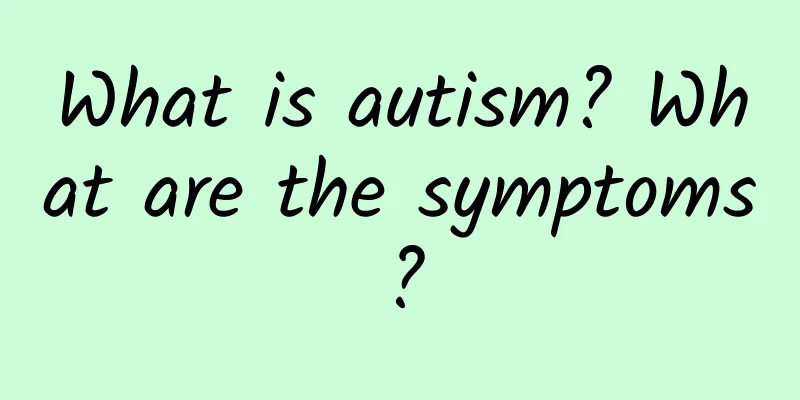Interferon treatment for hepatitis C

|
Hepatitis C is a liver disease that is extremely harmful to the human body. Improper treatment can cause serious damage to the patient's life. Therefore, the treatment and suppression of hepatitis C are both hot topics in the medical field. Many treatment measures have been taken for hepatitis C, such as the use of hepatitis C interferon. Let's take a look at the mechanism of action of interferon. Interferon (IFN) is a broad-spectrum antiviral agent that does not directly kill or inhibit viruses. Instead, it mainly inhibits the replication of hepatitis B virus by causing cells to produce antiviral proteins through the action of cell surface receptors. It can also enhance the activity of natural killer cells (NK cells), macrophages and T lymphocytes, thereby playing an immunomodulatory role and enhancing antiviral ability. In the mid-1970s, people discovered that patients with chronic hepatitis C had a low ability to produce interferon. After the application of exogenous interferon, not only did it produce the above-mentioned antiviral effect, but it also increased the density of human leukocyte histocompatibility antigens on the liver cell membrane and promoted the effectiveness of T cells in lysing infected liver cells. After an adult is injected with (2-5) X 106 units of interferon, interferon activity begins to be detected in the serum 3 hours later, reaches a high level in 6 hours, and basically disappears in 48 hours. Interferon's characteristics: ① Indirectness Inhibit viruses by inducing cells to produce effector molecules such as antiviral proteins. ② Broad spectrum Antiviral proteins are a class of enzymes with non-specific effects. It has a certain inhibitory effect on most viruses. ③Species specificity It is generally highly active in cells of the same type and inactive against cells of different types. ④ Take effect quickly Interferon can both interrupt viral infection of infected cells and limit viral spread. Interferon plays an important role in the initial stage of infection, before humoral immunity and cellular immunity take effect. Hepatitis C interferon has made certain contributions to the treatment of hepatitis C, but its good therapeutic effect is also accompanied by certain side effects, such as nausea, fever, hair loss, insomnia and other symptoms. The specific side effects depend on the individual's constitution. Patients are advised to actively receive treatment and not to conceal their condition and delay treatment. |
<<: What are the hepatitis C tests?
Recommend
What are the most common complications of peptic ulcer?
Some people always think that peptic ulcer is jus...
Treatment of sebaceous membrane inflammation with traditional Chinese medicine
In fact, the symptoms of a disease like sebaceous...
Why is the wound itchy after the operation of condyloma acuminatum?
Genital warts are a relatively serious sexually t...
How to judge whether it is a fracture or a sprain, the six symptoms of fracture
When we walk or exercise, we always suffer injuri...
Why is the roof of your mouth itchy?
Although the palate is only a small part, it play...
Sneezing during early pregnancy can affect the fetus
Women who are pregnant for the first time are ver...
Eyes one big and one small, daily changes
Many people will find in their daily lives that o...
Urine white blood cells plus sign
Urine test is a normal test we do when we go to t...
These Chinese medicines are the first choice for women to replenish qi and blood!
Nowadays, female friends occupy an increasingly i...
What is the Chinese medicine prescription for reflux esophagitis?
We know that digestive system diseases have been ...
Pain in the ribs above the heart
In our long life, everyone's body will get si...
What is the reason for the itchy back? It may be skin allergy
Some people often experience itchy backs, which i...
TCM treatment of rhinitis
Having rhinitis is really uncomfortable. After su...
What medicine is good for calf soreness?
Calf problems are difficult for most people to av...
What is the pain in the asshole?
If the anus is particularly painful, it is mainly...









